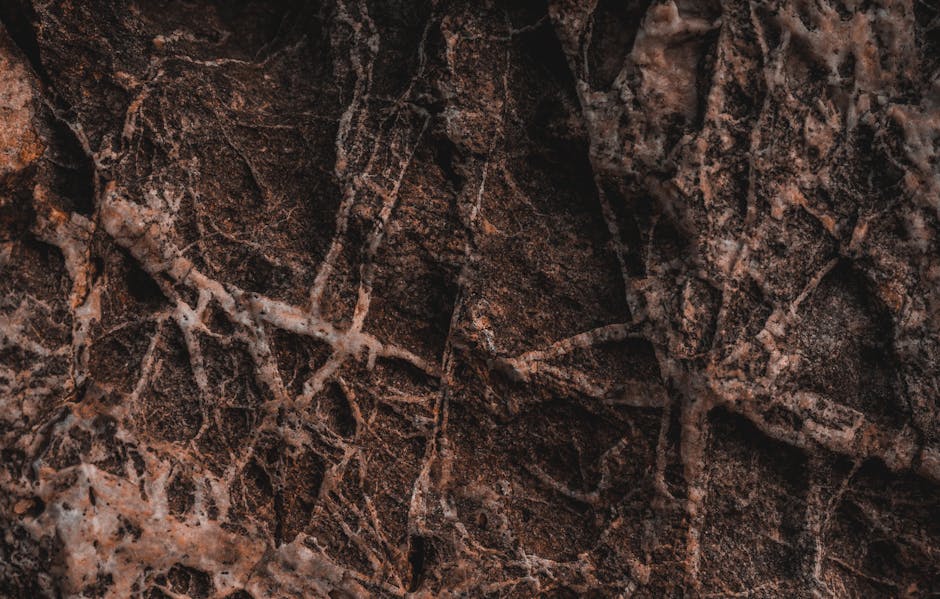Blood type, this mysterious code hidden within our blood, has always been the focus of people’s attention. Many are curious if different blood types imply different physical constitutions and health characteristics. Today, let’s delve into this fascinating topic.
Imagine, Xiao Li, during a company-organized health check, accidentally overhears colleagues fervently discussing the relationship between blood type and physical constitution. Some say people with type A blood are introverted and meticulous, others say those with type O blood are robust and have strong immunity. Curious Li starts to wonder, what does his type B blood represent in terms of physical constitution? With this question in mind, he steps into the doctor’s office. Upon hearing Li’s query, the doctor smiles and explains: “It’s true that blood type is related to certain health characteristics, but that doesn’t mean that a specific blood type will definitely be better or worse in physical constitution. Each blood type has its unique qualities and advantages.”
The doctor further explains that people with type A blood are generally more sensitive, have stronger adaptability to their environment, but might also feel stress and anxiety more easily; those with type B blood tend to be optimistic and cheerful, but sometimes their confidence can lead to neglecting health issues; individuals with type AB blood may possess characteristics of both types A and B, having strong adaptability; whereas people with type O blood typically have stronger immunity, but might also be more susceptible to certain diseases. “Thus, we cannot simply say which blood type has better physical constitution,” the doctor concludes, “The key is to arrange one’s lifestyle and dietary habits according to the characteristics of their blood type in order to stay healthy.”
So, do these different blood types – A, B, AB, O – really influence one’s physical constitution? Indeed, scientific research suggests that there is an association between blood type and the risk of certain diseases. For example, individuals with type O blood have been found to have a relatively lower risk of heart disease in some studies, while those with type A blood may be more prone to stomach cancer. However, these associations do not mean that a person of a certain blood type will definitely develop a certain disease, as health is influenced by various factors including genetics, environment, lifestyle habits, and more.
In addition, blood type may also affect the body’s absorption and utilization of certain nutrients. For instance, people with type O blood may have a stronger capacity to digest and absorb animal proteins, whereas those with type A blood might be better suited for a vegetarian diet. Therefore, adjusting dietary structures according to one’s blood type characteristics may help maintain good health.
When considering the relationship between blood type and physical constitution, we must also recognize an important fact: even among people with the same blood type, their physical constitutions may differ due to individual variations. Just as there are no two identical leaves in the world, each person’s health condition is unique. Thus, we should not overestimate the deterministic role of blood type on physical constitution. Instead, we should focus on whether our lifestyles and dietary habits are healthy.
Maintaining a balanced diet, moderate exercise, adequate sleep, and a good attitude is essential for improving physical fitness. In summary, there is no absolute superiority or inferiority in physical fitness between blood types A, B, AB, or O. It is important for us to develop a health plan that suits our actual conditions. As an old proverb goes: “A healthy lifestyle is the best doctor”.
Valuing and taking care of our health is a crucial behavior, as it is the most precious asset we have. We all know that the real secret to health is in our own hands. Whether our blood type is A, B, AB, or O, while they may offer some clues about our health, our physical condition and level of health are mainly influenced by our daily habits.
To cultivate and maintain a healthy physique, we need to adopt some scientific methods. This includes sensible dietary habits—taking in a balanced diet, moderate exercise—which is conducive not only to physical health but also to improving our mental state, good work and rest habits—ensuring sufficient sleep, and an optimistic attitude—which is equally important for physical and mental health.
Let us reiterate: cherish and care for your body, because your health is like an invaluable treasure. Choosing a healthy lifestyle and gradually establishing a healthier and happier life is the goal we should all strive for.







